Lactose Intolerance: A Natural Phenomenon
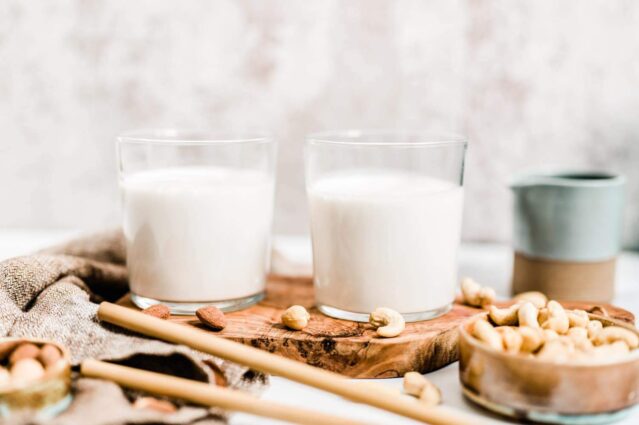
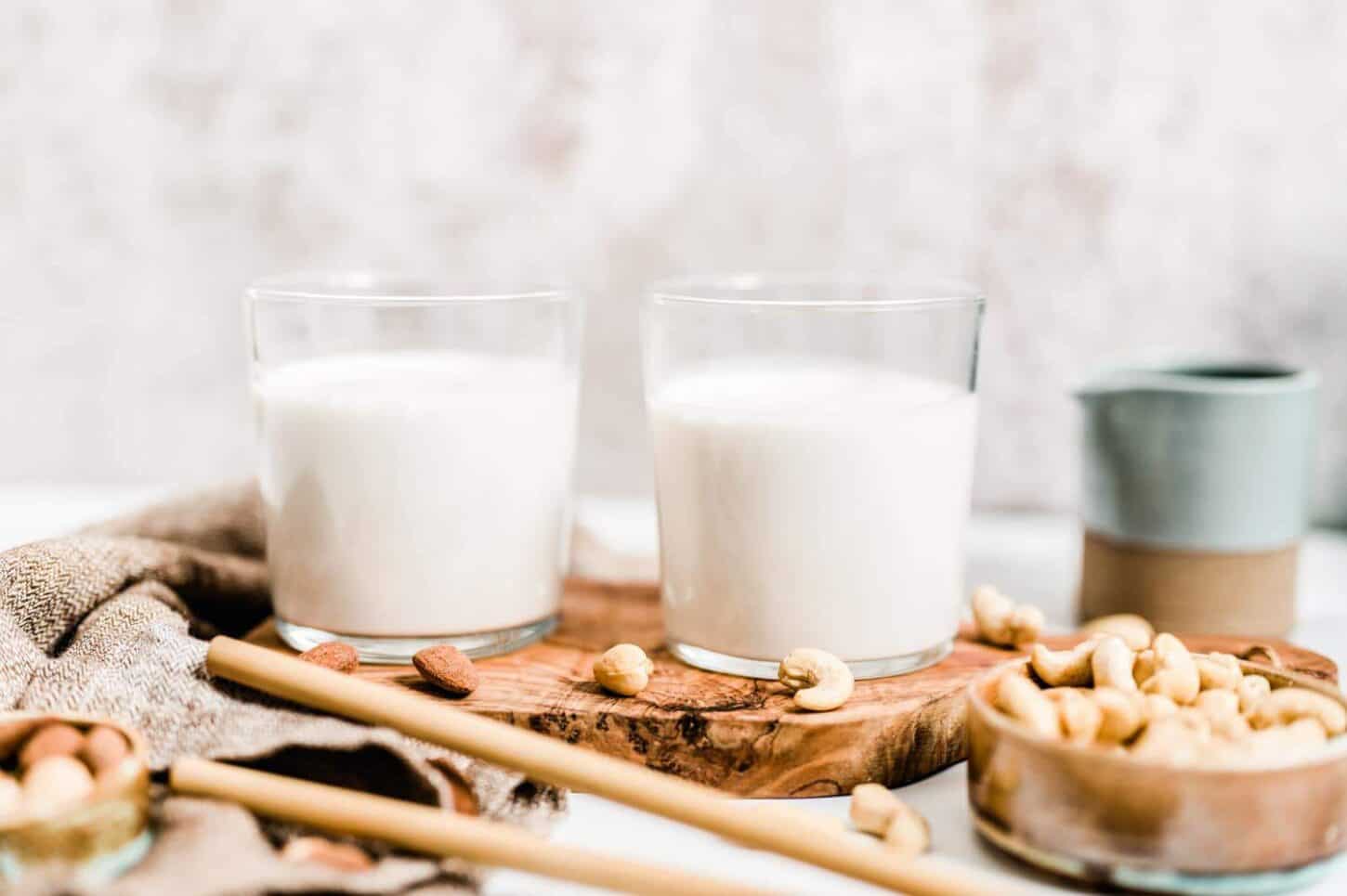
Lactose intolerance is a common and completely natural physiological condition that affects a significant portion of the world’s population. It arises from the body’s diminishing ability to digest lactose, the sugar found in milk and dairy products, after the early years of life.
In this article, we will explore the physiological basis of lactose intolerance, the reasons behind its prevalence, and why it is not a condition that requires treatment.
Table of Contents
Understanding Lactose Intolerance
Lactose intolerance, often referred to as lactase non-persistence, is the term used to describe the inability of some individuals to digest lactose effectively. This condition typically manifests in adulthood, as the majority of infants are born with the ability to produce an enzyme called lactase. Lactase is essential for breaking down lactose into simpler sugars, such as glucose and galactose, which can then be absorbed into the bloodstream.
The Role of Lactase in Infancy
At birth, human infants possess high levels of lactase, allowing them to efficiently digest the lactose present in their mother’s breast milk.
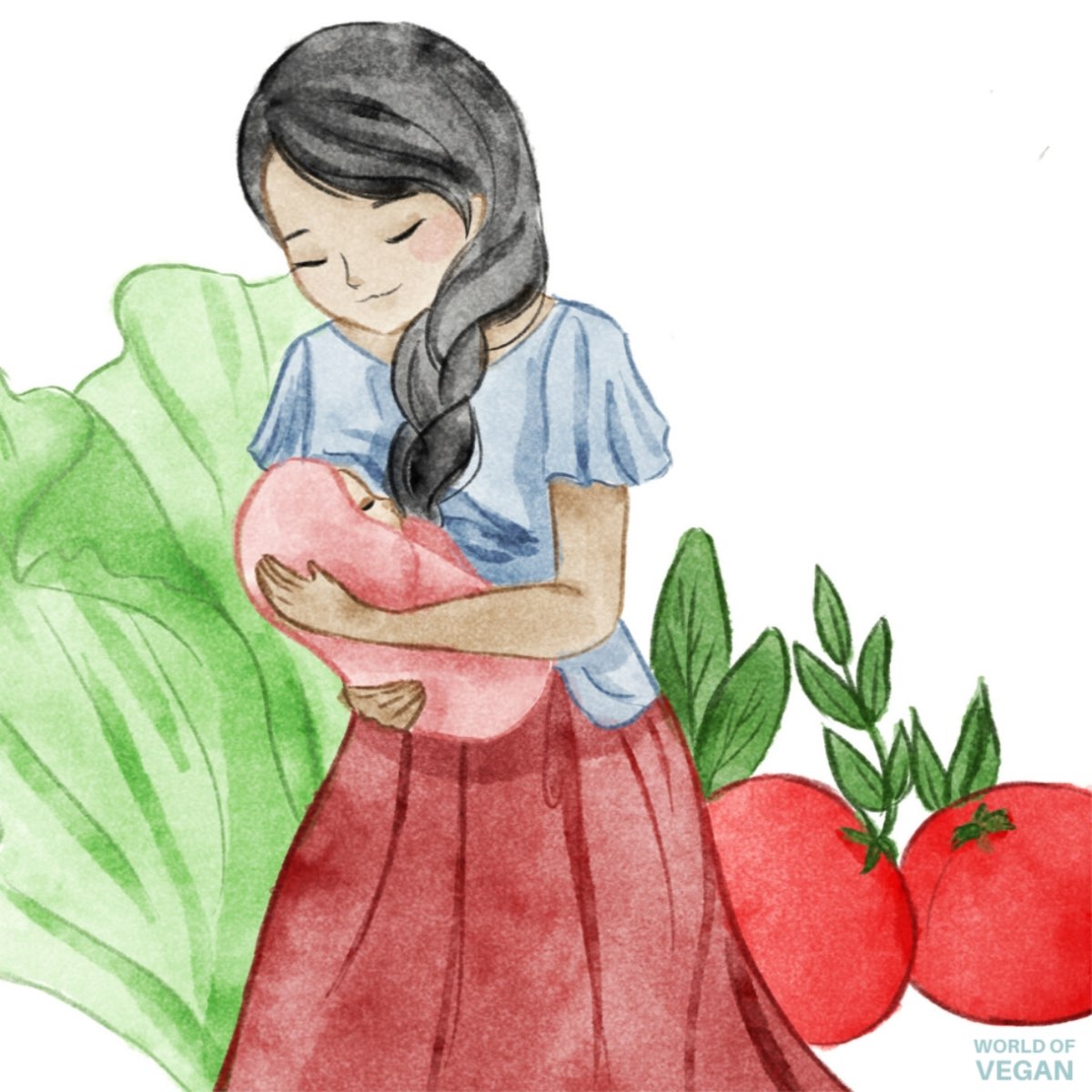
This enzyme is crucial for providing nourishment during the early stages of life when milk is the primary source of nutrition. However, as babies transition to solid foods and wean from breastfeeding, the production of lactase begins to decline.
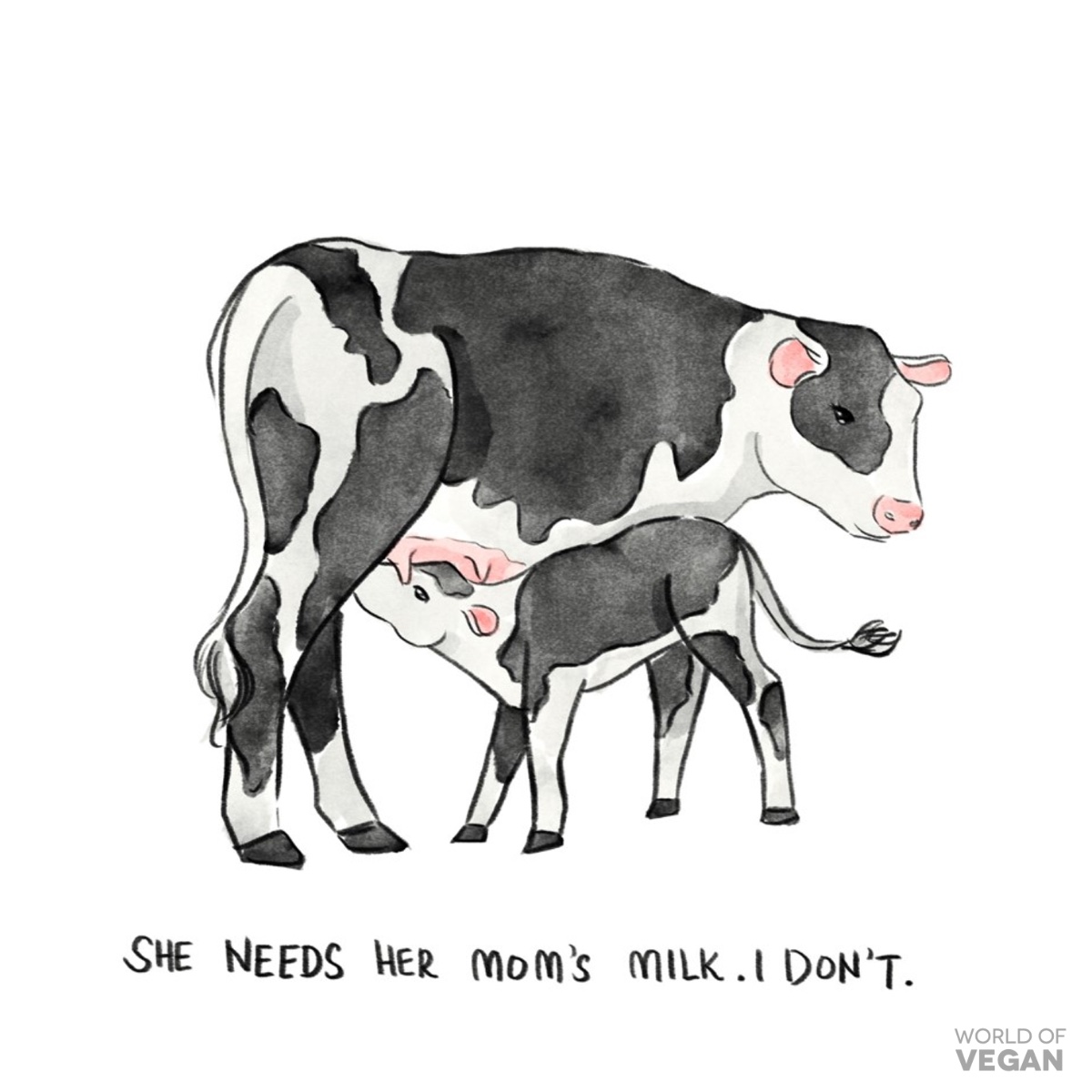
Gradual Reduction of Lactase Production
The decline in lactase production is a natural and expected process. As humans evolve, the ability to digest lactose beyond infancy becomes less necessary. In the ancestral human diet, milk from other animals was not a significant part of the food supply. As a result, there was no evolutionary pressure to maintain high levels of lactase production throughout adulthood.
Prevalence of Lactose Intolerance
Lactose intolerance is not an uncommon condition; in fact, it is widespread. Approximately 65% of the world’s population is affected by lactose intolerance to some degree. This means that two out of every three people on the planet experience difficulties digesting lactose as adults. This prevalence underscores the natural and normal nature of lactose intolerance in the human population.
Symptoms of Lactose Intolerance
When individuals with lactose intolerance consume dairy products, they may experience a range of uncomfortable symptoms, including gas, bloating, cramps, diarrhea, and vomiting. These symptoms occur because the undigested lactose in the digestive system can ferment in the colon, leading to the production of gas and irritation.
Lactose Intolerance: Not a Dysfunction
It’s crucial to emphasize that lactose intolerance is not a sign of a malfunctioning digestive system. Rather, it is a testament to the human body’s adaptability and efficiency. Lactase non-persistence is a normal part of the life cycle, reflecting the body’s recognition that lactose is no longer a dietary staple after infancy.
A Naturally Occurring Phenomenon
Lactose intolerance is a naturally occurring phenomenon that affects a significant portion of the world’s population. It is a testament to the body’s adaptability and evolution, as well as a reflection of dietary changes that occur after infancy. While uncomfortable, it is not a condition that necessitates treatment. By making informed dietary choices, individuals with lactose intolerance can enjoy a healthy and comfortable lifestyle.
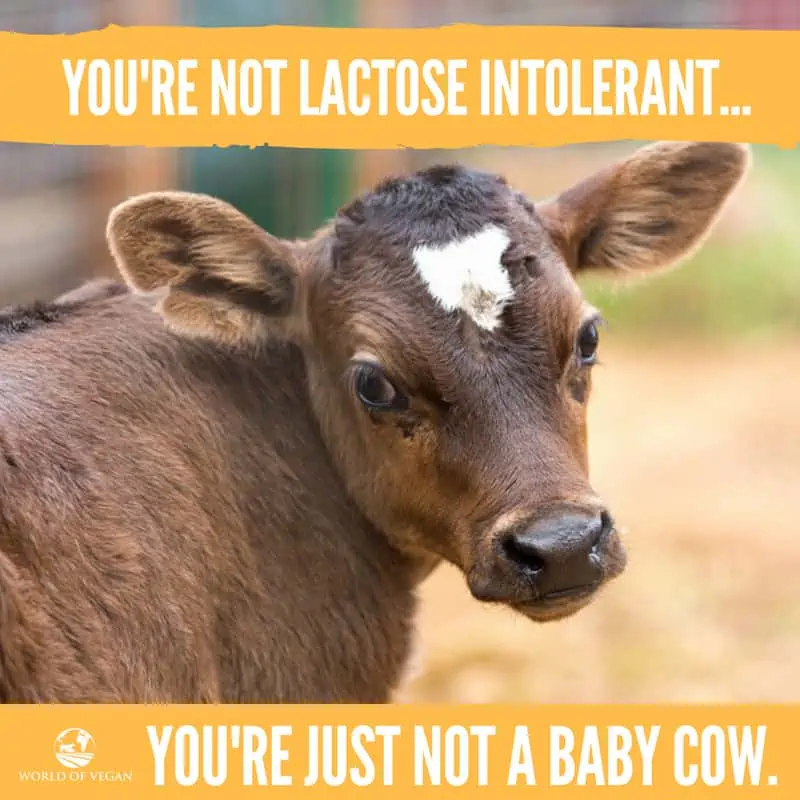
It’s easier than ever to avoid animal milk and dairy products today, with all the plant-based milk, vegan cheese, non-dairy butter, and dairy-free yogurt you can find at the supermarket.



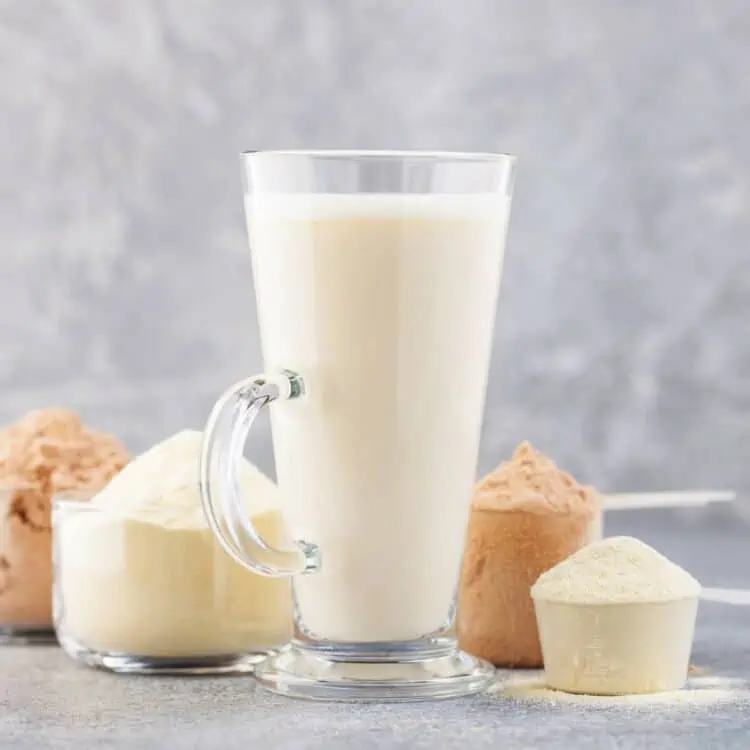


Leave a Comment